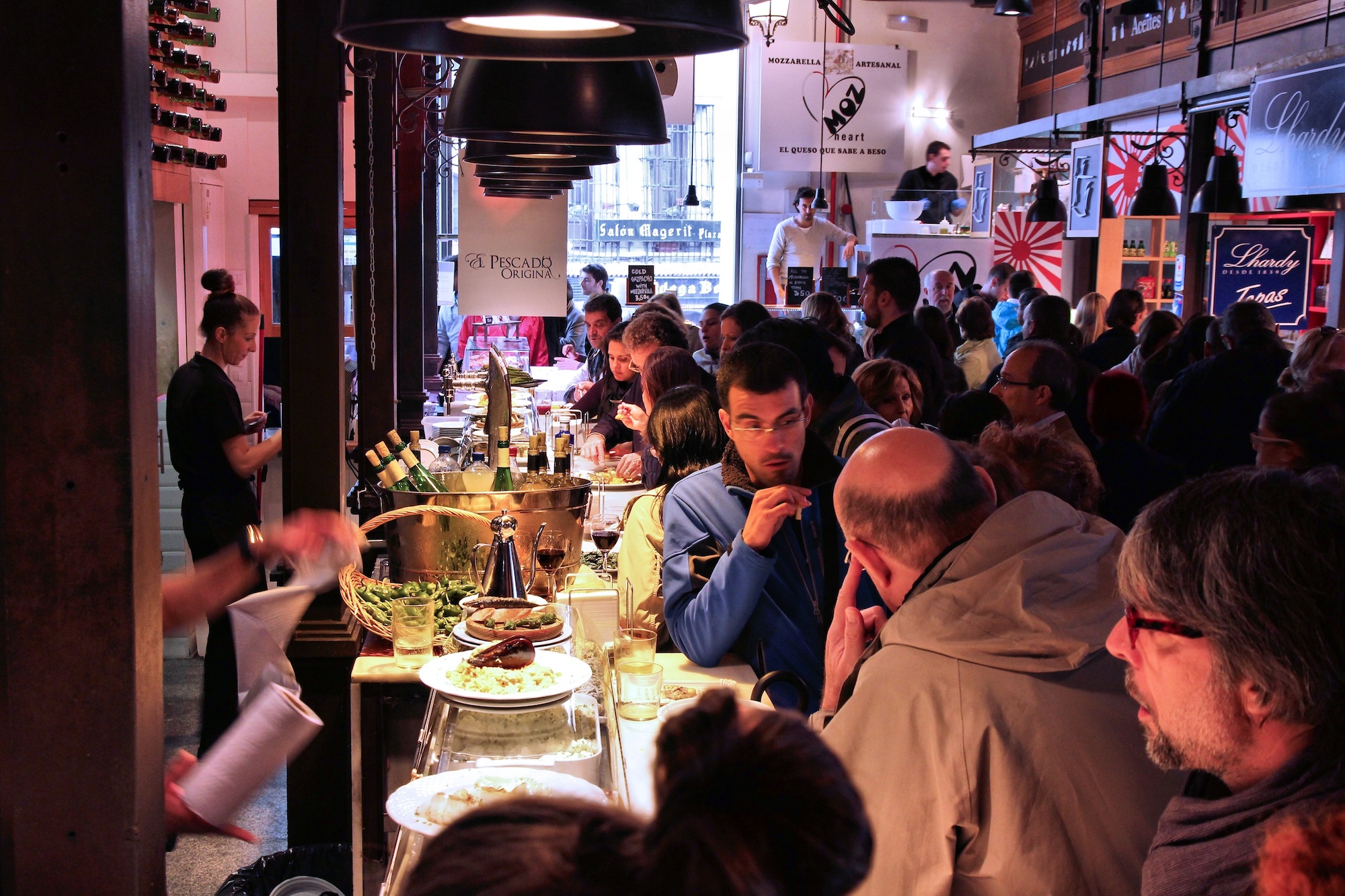Sounding Out Public Places: Part I
Written By: Rin-rin Yu
The American Disabilities Act (ADA) stipulates that venues open to the public need to accommodate everyone, including the deaf and hard of hearing. But sometimes separate accommodations don’t always mean equal accommodations. Here’s how that’s all changing.
 For Gregory Scott, trying to date with hearing loss required preparation ahead of time. “It was important to find quieter venues so I could better connect with my dates,” he says. But it was always hit or miss. Before a date, Scott would look up restaurants that were supposedly quieter, but then, “I got frustrated because I would show up at these venues and they were loud.” And it wasn’t just with dates—when dining with friends at a loud restaurant, Scott would first nod along to conversation even if he had no idea what anyone was saying, and then sit there bored, unable to participate in the conversation. That’s because, even with hearing aids or cochlear implants, ambient noise makes it harder to hear the main conversation—even if the person is shouting (which isn’t exactly romantic on a date).
For Gregory Scott, trying to date with hearing loss required preparation ahead of time. “It was important to find quieter venues so I could better connect with my dates,” he says. But it was always hit or miss. Before a date, Scott would look up restaurants that were supposedly quieter, but then, “I got frustrated because I would show up at these venues and they were loud.” And it wasn’t just with dates—when dining with friends at a loud restaurant, Scott would first nod along to conversation even if he had no idea what anyone was saying, and then sit there bored, unable to participate in the conversation. That’s because, even with hearing aids or cochlear implants, ambient noise makes it harder to hear the main conversation—even if the person is shouting (which isn’t exactly romantic on a date).
He’s not alone. Americans who are deaf and hard of hearing often walk into an establishment that’s designed to be enjoyable, whether it is a restaurant, theater, sports stadium, or museum, and wonder if it’s going to be fun or a struggle. That’s because the venue may or may not be accessible to them, despite what the ADA may require. Even with advance planning and a phone call to find out the options, the venue may not be what was expected, resulting in a less-than-enjoyable experience. At the same time, there’s enough attention being drawn to the issue that business owners are starting to notice and act. If they’re not, then the deaf and hard of hearing community is making the effort through technology and advocacy.
Americans with Disabilities Act
Title III of the ADA clearly “prohibits discrimination on the basis of disability in the activities of places of public accommodations (businesses that are generally open to the public and that fall into one of 12 categories listed in the ADA, such as restaurants, movie theaters, schools, day care facilities, recreation facilities and doctors’ offices).” But even with the backing of the ADA, not all facilities are compliant or fall under the requirements to be compliant.
In addition, some establishment owners or employees simply don’t comprehend what’s actually required—and, in many cases, are dismissive and hurtful in the process.
When AG Bell Board Chair Catharine McNally went to a museum with her parents in Washington, D.C., her parents opted to take an audio tour in the form of a sophisticated iPod. McNally, on the other hand, was handed a 50-page transcript of the audio tour. “It was like a phone book,” McNally said during a 2011 interview with the American Association of People with Disabilities (AAPD). “I just felt really awkward, and I felt like I had a big sign above my head that said, ‘Deaf Visitor Here.’” Trying to look at the exhibits while paging through the enormous manuscript was such a hassle that McNally decided to launch a better alternative that was as sleek as the iPod her parents had used. She created Keen Guides, a captioned, streaming video version of the audio tour. It was a far simpler option than a cumbersome book, and she and Keen Guides were widely recognized for its innovative answer to the audio guide for the deaf and hard of hearing.
Not all patrons of the arts are so lucky or inventive. In January 2014, Jessica Gill, who is profoundly deaf and enjoys live theater, contacted the Hippodrome Theater in Baltimore, where she lived. She was hoping it would make accommodations for her by the time the musical Newsies toured through in December. Raised in New York as an avid Broadway fan, she had enjoyed captioned theater there and thought it would be easier to see Newsies in Baltimore than make the trip to New York. But after months of emails, no concessions were made. According to the ADA, theaters that have 50 or more seats are required to have hearing assistance. Gill sued the Key Brand Theatrical Group, which runs the theater, the Hippodrome Foundation and the Maryland Stadium Authority, which funds the Hippodrome, for violating Title III of the ADA. The Hippodrome now offers closed captioning on select dates in select seats.
Even places like Lincoln Center in New York faced lawsuits because its captioning was only for select performances, rather than for all performances. More recently, the court ruled in favor of plaintiffs suing the Fox Theater in St. Louis, which did not provide any aids, to provide captioning on hand-held devices and a way to request this service. When the suit was filed, Fox Theater offered to provide captioning on Saturdays, which the judge decided was too limiting to the patrons. Sporting stadiums, too, have seen their fair share of lawsuits for not accommodating the deaf and hard of hearing.
The Washington Redskins were sued for refusing to provide closed-captioning on its scoreboard, and the plaintiff won.
Universities have also faced discrimination lawsuits, such as Ohio State, the University of Kentucky, and the University of Maryland. In all cases and others, plaintiffs sought not only to receive play-by-play information, but also safety and emergency information, which were not delivered previously.
Basic information covered by the ADA that would be written on the scoreboard and video screens include play-by-play information, scores, referee calls, entertainment announcements, public service announcements, advertising and any post-game announcements, including final score, victory and next home game information. Ideally, captions would also cover the requested safety and emergency information, songs and song lyrics, promotions, and other items that hearing people find out about—items that make up the atmosphere and cheer of a live game. The good news is that many professional sports stadiums have become quite accessible, with captioning, listening devices and/or induction loops. Some have gone either farther: At Texas State, a section for the deaf and hard of hearing was created in 2015 with discounted tickets to encourage its students who are deaf and hard of hearing, and even the greater community who are deaf and hard of hearing, to enjoy the games.
(This article originally ran in the 2019 January-March issue of Volta Voices magazine.)
